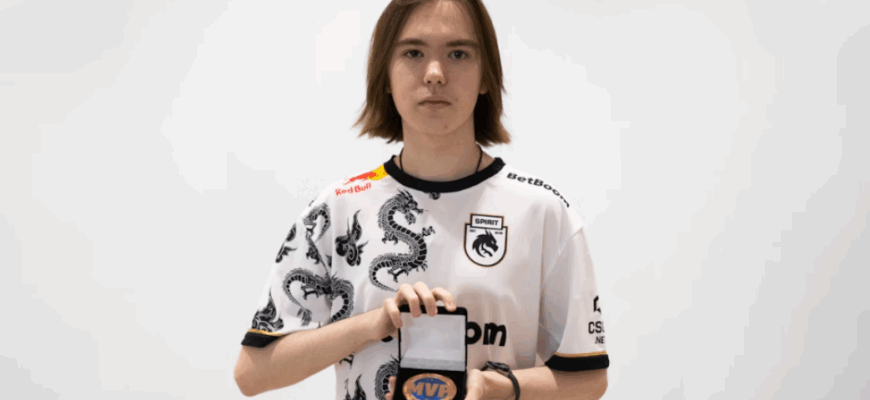The Counter-Strike 2 competitive scene has been a rollercoaster of high-octane plays and unexpected turns, yet few narratives have captivated audiences quite like the meteoric rise of Team Spirit. At the heart of their formidable presence has been the prodigious talent of Danil “donk” Kryshkovets, a player whose individual brilliance has often seemed to defy the very concept of team play. However, a recent stumble in the BLAST Open London 2025 qualifier has sparked a crucial conversation, led by veteran analyst Anatoly “liTTle” Yashin, questioning the long-term viability of a strategy perceived to be built almost entirely around a single superstar.
The Unforeseen Setback
Team Spirit`s journey through the qualifiers for BLAST Open London 2025 concluded sooner than many anticipated. After a period where they seemed all but invincible, their run was cut short by a 1:2 defeat against G2 Esports in the decisive match. This outcome, while certainly not a catastrophe in isolation, served as a stark reminder of the unforgiving nature of top-tier esports and the constant pressure to adapt and evolve.
liTTle`s Prescient Critique
Following Spirit`s elimination, Anatoly “liTTle” Yashin, a respected coach and expert caster, took to his personal Telegram channel to voice observations that, for some, might have seemed jarringly out of step with the prevailing hype. Yet, liTTle`s commentary was not born of recency bias; he had been a vocal proponent of a more nuanced view long before the recent loss. He queried, with a hint of what one might call experienced irony:
“Where are all the loud voices proclaiming a team can be built around Donk and everything will simply work? For two months, I`ve been saying this is utter rubbish. Well, perhaps I was wrong, as Spirit were crushing everyone. But what now?”
This sentiment cuts to the core of a recurring dilemma in competitive gaming: the balance between individual star power and collective strategic depth. liTTle`s remarks, delivered with characteristic bluntness, highlight a skepticism that often goes unheard amidst the clamor of highlight reels and MVP awards.
The Superstar Paradox: A Double-Edged Sword
Building a team around a generational talent like donk offers undeniable advantages. His aggressive playstyle, mechanical prowess, and clutch potential can single-handedly turn the tide of a match. This approach can simplify tactical calls and provide a clear focal point for the team`s offense. However, it also introduces significant vulnerabilities.
- Predictability: Opponents, given enough time and data, learn to counter and contain the primary threat, often dedicating resources to nullify the star`s impact.
- Reliance: If the star player has an off day, is targeted effectively, or simply cannot find their rhythm, the entire team`s performance can suffer disproportionately. The “donk show” is thrilling when it works, but what happens when the star performer steps off stage?
- Development of Supporting Roles: It can inadvertently stifle the development and confidence of other players, who might become too accustomed to playing a supportive, rather than initiative-taking, role.
Team Spirit`s earlier dominance, despite liTTle`s internal concerns, underscores donk`s exceptional capabilities. They were winning, and winning convincingly. Yet, the loss to G2, a team known for its strong individual talents and tactical flexibility, suggests that even the brightest stars need a robust constellation around them to shine consistently.
Team Spirit at a Crossroads
This qualifier exit may prove to be a pivotal moment for Team Spirit. It presents an opportunity for introspection: How can they maintain donk`s explosive impact while simultaneously diversifying their strategic playbook and empowering other players to carry more weight? The challenge isn`t to diminish donk`s role, but to integrate his unparalleled skill into a more resilient, multi-faceted team structure.
The competitive landscape of CS2 is unforgiving. Teams must continuously adapt, innovate, and evolve. While the allure of a superstar is powerful, sustained success often hinges on a deeper, more collective understanding of the game. Team Spirit, with their incredible pool of talent, now faces the intriguing challenge of refining their approach, ensuring that they are not merely the “donk team,” but a force of collective brilliance capable of enduring any storm.







